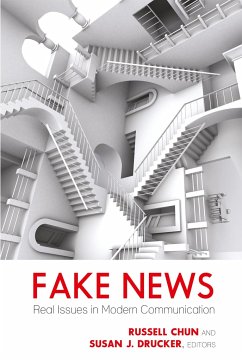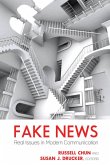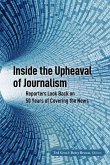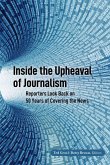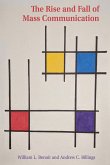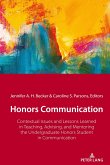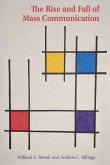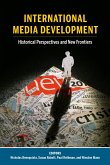In this dizzying post-truth, post-fact, fake news era, the onslaught and speed of potentially untrue, incorrect, or fabricated information (some crafted and weaponized, some carelessly shared) can cause a loss of our intellectual bearings. If we fail to have a common truthful basis for discussions of opinion and policy, the integrity of our democracy is at risk.
This up-to-date anthology is designed to provide a survey of technological, ethical, and legal issues raised by falsehoods, particularly social media misinformation. The volume explores visual and data dissemination, business practices, international perspectives, and case studies. With misinformation and misleading information being propagated using a variety of media such as memes, data, charts, photos, tweets, posts, and articles, an understanding of the theory, mechanisms, and changing communication landscape is essential to move in the right direction with academic, industry, and government initiatives to inoculate ourselves from the dangers of fake news. The book takes an international and multidisciplinary approach with contributions from media studies, journalism, computer science, the law, and communication, making it distinct among books on fake news.
This book is essential for graduate or undergraduate students in courses dealing with fake news and communication studies. Relevant courses include media studies, journalism, public relations, media ethics, media law, social media, First Amendment law, philosophy, and political science.
This up-to-date anthology is designed to provide a survey of technological, ethical, and legal issues raised by falsehoods, particularly social media misinformation. The volume explores visual and data dissemination, business practices, international perspectives, and case studies. With misinformation and misleading information being propagated using a variety of media such as memes, data, charts, photos, tweets, posts, and articles, an understanding of the theory, mechanisms, and changing communication landscape is essential to move in the right direction with academic, industry, and government initiatives to inoculate ourselves from the dangers of fake news. The book takes an international and multidisciplinary approach with contributions from media studies, journalism, computer science, the law, and communication, making it distinct among books on fake news.
This book is essential for graduate or undergraduate students in courses dealing with fake news and communication studies. Relevant courses include media studies, journalism, public relations, media ethics, media law, social media, First Amendment law, philosophy, and political science.

